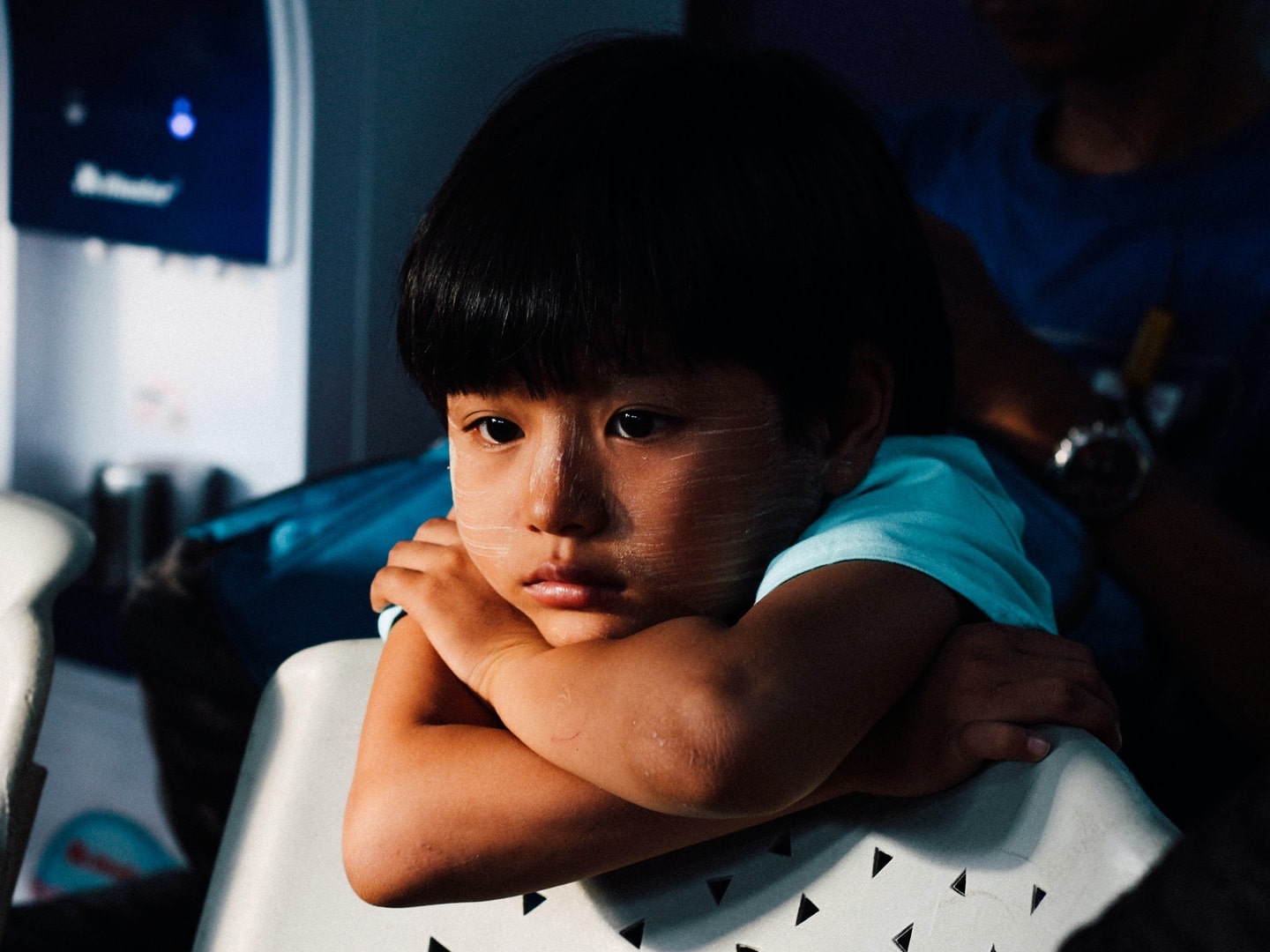Pandemics are stressful, as it turns out. Especially in lockdown.
There are bills to pay, children to school and then the added stress of a financial crisis nevermind coronavirus itself. And nowhere to go to escape any of it! Mentally or physically. This is overwhelming at the best of times but what might happen in the context of a relationship that was precariously balanced, perhaps even tipping into the danger zone of non-existence, before the crazy of a global emergency – and heading into it?

Interestingly, a new report by Direct Line Life Insurance reveals 7.6 million parents have stayed in a relationship for longer than they would have liked with their spouse or partner because they have children together. Over a third of parents who stayed together (36 per cent) believed it was better for children to have two parents at home while growing up, so stayed together rather than separating, while almost a quarter (23 per cent) said it was because they thought the negative impact would be greater if they split up while their children were still young.
Direct Line‘s study also shows that there is a division between men and women on their reasons for staying together. The main reason for men is because they believe it is better for children to have two parents living at home (46 per cent), while for women it is because they cannot afford to separate with the other parent (31 per cent). This highlights the financial challenges many families, and especially women, can face when splitting up as the previous combined household income then needs to stretch across two properties and often cover additional childcare costs, too.
What research does not show is how this decision to stay together for the sake of the kids impacts a couple’s relationship. Whilst it would be hazardous to make any assumptions in this regard, there is evidence to show that poverty and economic stress affect the quality of interparental relationships, and this in turn impacts on child outcomes. Within the context of a pandemic and the consequent financial crisis hailed as the worst since the great depression, it would be safe to assume that even the most solid of couples might be feeling the pressure, nevermind couples who are together, not for love and companionship, but because they can’t afford to be any other way or for the sake of the kids.
Whilst poverty is a catalyst for interparental conflict, the Early Intervention Foundation points out that economic pressure impacts on parents’ mental health, which can cause relationship problems and difficulties with parenting. These difficulties can include reduced parental sensitivity and time spent interacting with their child, and can lead to harsher parenting practices, which are linked to future difficulties for children and adolescents. These difficulties include externalising (such as antisocial behaviour) and internalising (such as anxiety) problems, academic and physical health difficulties, and social and interpersonal relationship problems.
With Covid-related pressures that might include job losses, home-schooling (with insufficient equipment and patience!) and the added stress of actually catching and combating coronavirus, tensions are likely be high – and even more so for families already living in poverty. It’s absolutely critical for individuals and services to acknowledge the impact that today’s current climate might have on parental relationships (and in turn, children) because, more than ever, families will need support – emotionally and practically.
The Clinical Psychologists on team at Kids Matter have put together an excellent resource to help those who might be struggling with interparental conflict at home, including ways to prevent arguments developing and getting out of control as well as advice on how to repair relationships after conflict (CLICK HERE to view the full resource). We also support parents with our parenting programme, which equips mums, dads and carers facing adversity with confidence, competence and community, enabling their children to thrive.
If you’d like to find out more about Kids Matter or would like to get involved, as a volunteer or by financially supporting our programme, please contact us at info@kidsmatter.org.uk. And for more on our IMPACT, visit our website.